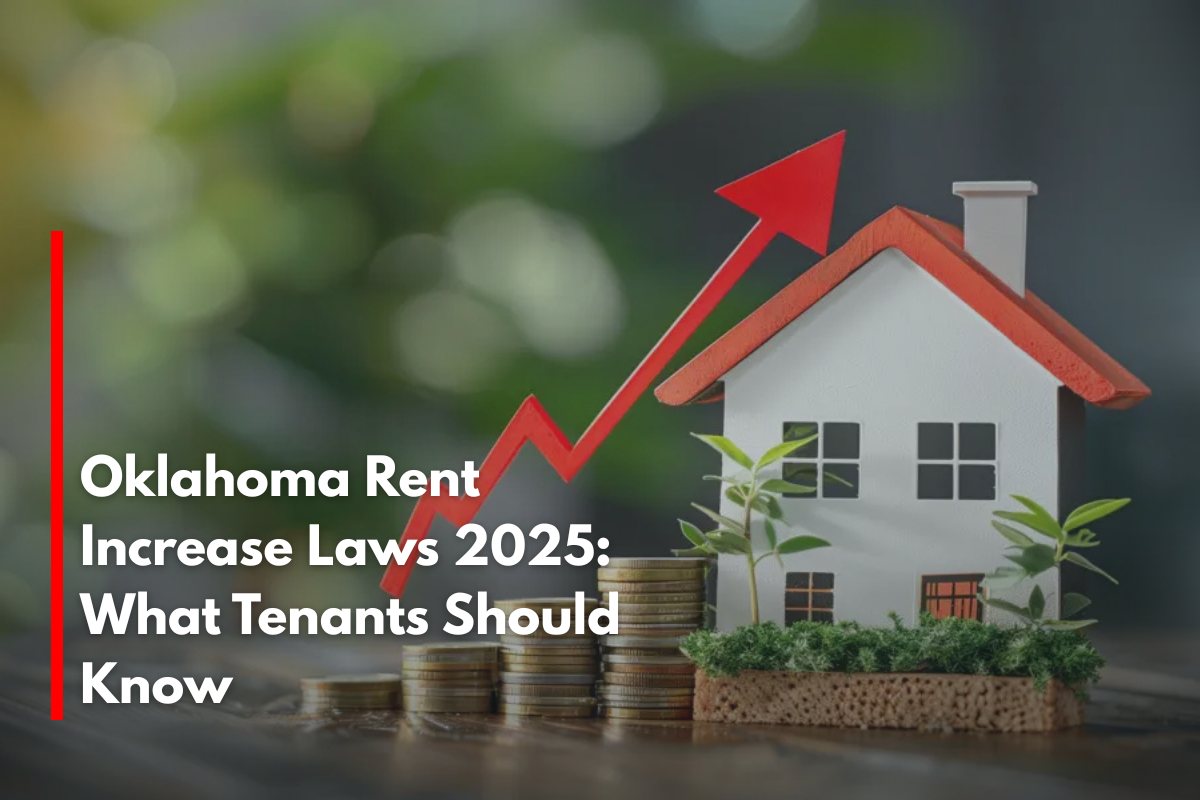Oklahoma remains a landlord-friendly state in 2025, with no statewide rent control laws or caps on how much landlords can increase rent. Here’s what tenants need to know about rent increases and their rights under current Oklahoma law:
No Rent Control or Maximum Cap
Oklahoma does not have rent control at the state level, meaning landlords can raise rent by any amount when a lease ends or transitions to a month-to-month agreement.
There are also no limits on how frequently rent can be increased, provided proper notice is given.
Notice Requirements
For month-to-month leases, landlords must provide at least 30 days’ written notice before increasing rent.
For fixed-term leases (such as one-year agreements), rent cannot be increased during the lease unless the lease specifically allows for it; otherwise, increases can only occur at renewal, with notice given before the lease ends.
Notice should be in writing and clearly state the new rent amount and the effective date.
Local Ordinances
While the state has no rent control, some cities or counties may have their own ordinances. These are rare, but tenants should check for any local restrictions in their area.
Tenant Rights
Proper Notice: If a landlord fails to provide the required 30-day notice, tenants can challenge the increase.
Retaliation Protection: Landlords cannot raise rent in retaliation for tenants asserting their legal rights or making complaints. In such cases, tenants may have grounds to contest the increase.
Negotiation: Tenants can try to negotiate with landlords, especially if facing a significant rent hike. Factors like a good payment history or willingness to sign a longer lease may help.
Declining the Increase: Tenants have the right to decline a rent increase by providing proper notice to end their tenancy, typically 30 days for month-to-month agreements.
Landlord Responsibilities
Landlords must maintain the property in a habitable condition and comply with all building and safety codes.
Rent increases cannot be discriminatory or retaliatory.
Oklahoma Rent Increase Laws 2025
| Lease Type | Notice Required | Rent Increase Limit | Frequency Limit | Key Tenant Rights |
|---|---|---|---|---|
| Month-to-Month | 30 days | None | None | Challenge improper notice |
| Fixed-Term (e.g. 1 yr) | At renewal | None (unless lease says otherwise) | None | Negotiate or decline renewal |
| Local Ordinances | Varies | Possible | Possible | Check local laws |
In Practice
Landlords typically raise rent to match market rates and cover rising costs, but they must always provide proper notice.
Tenants should review their lease agreements and stay informed about both state and local laws to protect their interests.
Oklahoma tenants facing a rent increase in 2025 should focus on receiving proper notice, understanding their negotiation options, and knowing when they can legally decline or challenge an increase. If in doubt, consulting local tenant resources or legal aid is recommended.
Sources
[1] https://www.hemlane.com/resources/oklahoma-rent-control-laws/
[2] https://www.sixfifty.com/pro-bono/blog/renters-rights-in-oklahoma/
[3] https://www.steadily.com/blog/how-much-can-a-landlord-raise-rent-in-oklahoma
[4] https://ark7.com/blog/learn/cities/complete-house-renting-guide-for-oklahoma/
[5] https://innago.com/oklahoma-landlord-tenant-laws/











